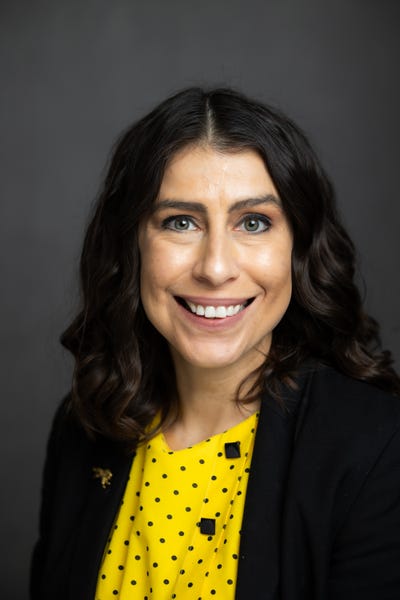Personalized Nutrition Studies Aim to Reduce Deficiencies
A recent article from Huffington Post noted too many people have nutrient deficiencies, but work from ingredient companies are helping clinicians better understand which populations are likely to be in need of nutrients.

The Huffington Post recently noted that one in 10 people in the United States has a nutrient deficiency. The article “8 Nutrients You May Be Lacking," reported data from the Centers for Disease Control and Prevention (CDC), which showed many Americans aren’t getting the recommended amounts of vitamin B6, iron, vitamin D, vitamin D, vitamin C and vitamin B12.
While the article quoted experts who believe it’s better to get nutrients from food, some said several nutrients, such as vitamin D, may need to be consumed through supplementation.
Instead of guessing about nutrient status, the article said it’s best to know which nutrients are lacking in their diets. “The bottom line on nutritional deficiencies: If you notice any of the symptoms mentioned above, ask your doctor if you should be checked for a nutrient deficiency," the article concluded.
“Checked for nutrient deficiency," however is not a simple test. Manfred Eggersdorfer, professor of healthy aging at the University Medical Center Groningen (UMCG) in the Netherlands, said food intake surveys can be inaccurate because people don’t always tell the truth about what they eat. “People underreport energy intake, but over report nutrient intake," he said.
Eggersdorfer, who is also senior vice president of nutrition science and efficacy at DSM, has been working with other nutritionists and clinicians to assess the nutrient status in individuals and populations. His work is part of a collaboration between the UMCG and DSM.
Instead of intake surveys, UMCG is testing more than 160,000 people using blood biomarkers, which take into account nutrient bioavailability, the effect of the genetic differences and the effects of different microbiomes.
“We knew the patients’ health history, their nutrient intake, health markers—like blood pressure—and their social economic status," he said. “We are connected the findings to different phenotypes."
Eggersdorfer said this data will be use to connect nutrient statuses to health outcomes, and explore how this information can be used by medical doctors and other experts.
“Do people who have a higher BMI need more vitamin D, E and K?," Eggersdorfer asked. “Or do people with high blood pressure need more B vitamins? Overall, we will get connections and findings from intake status and health outcomes."
DSM’s plan is to use this information develop nutritional solutions tailored to different populations. DSM’s customers in the food, supplement or pharmaceutical industries will have stronger scientific support to how their products work, Eggersdorfer said.
Articles like the one from Huffington Post show too many people have nutrient deficiencies, but different people are lacking different substances. Work from research institutions and ingredient companies are combining their powers to help better understand which populations are likely to be in need of nutrients.
Combine this with the personal health trackers that can help consumers understand their individualized nutrient deficiencies, and hopefully articles like “8 Nutrients You May be Lacking" won’t be written; people will already know what nutrients they lack. And when they know, they can supplement with those nutrients, and then, they won’t be lacking.
About the Author
You May Also Like

